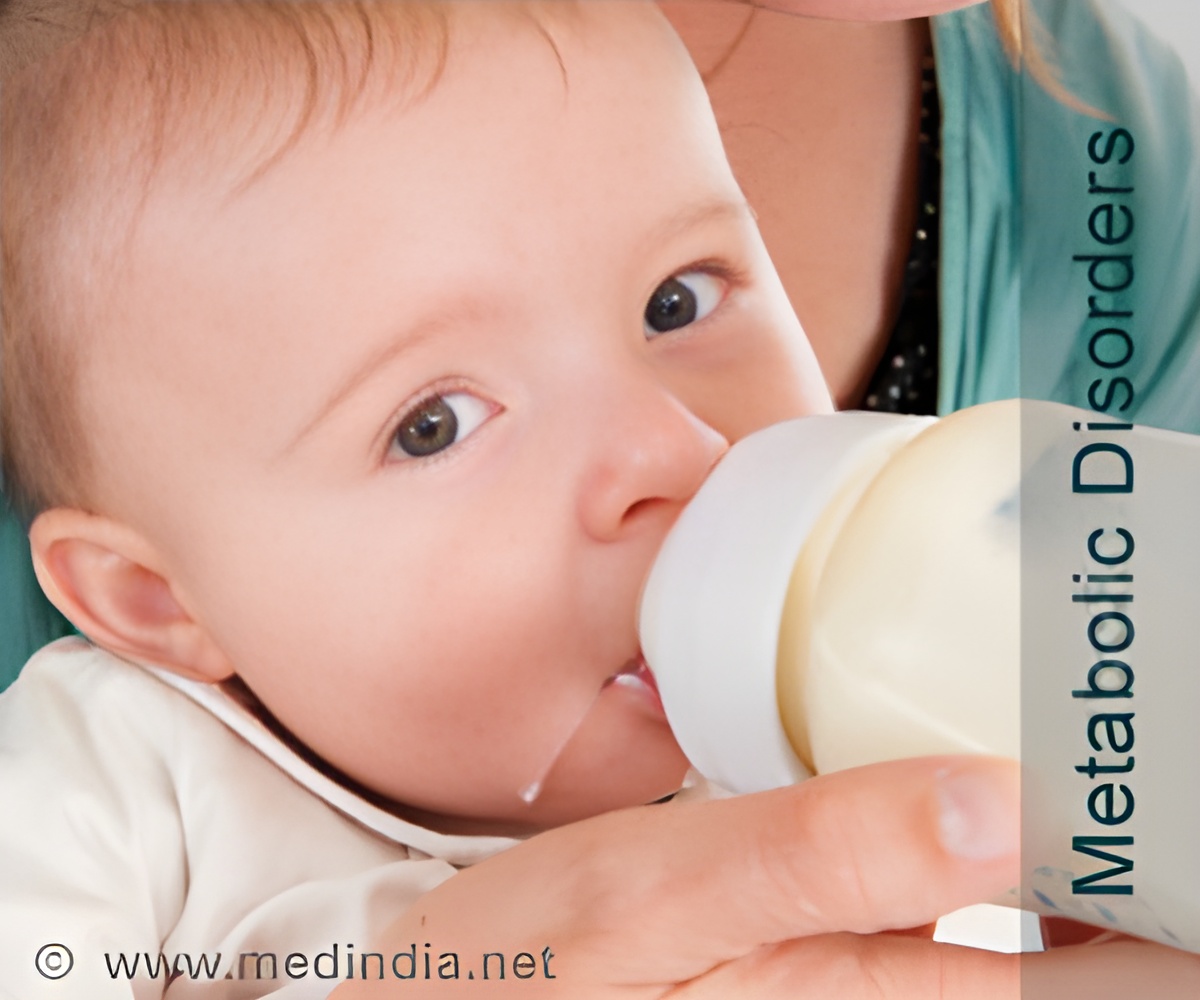European Union’s food safety watchdog revealed that human exposure to the chemical was far lower than thought.

The new estimates show people are exposed to "less than one percent of the current Tolerable Daily Intake (TDI) for BPA (0.05 milligrams/kg bw/day) established by EFSA in 2006," a statement said.
An EFSA spokesman cautioned, though, that it was too early to draw judgement on risk.
"It doesn't follow that because the exposure is less, the risk is also lower -- there is no causal link," the spokesman said.
Further work into risk will be published early in 2014.
BPA is a common component of plastic bottles and the linings of food cans.
Advertisement
It has been banned for use in baby bottles in a number of economies, including the European Union, United States and Canada.
Advertisement
The scientific advisory panel is now seeking feedback before deciding whether the risk levels have also changed.
If that turns out to be the case, the baby-bottle ban could theoretically be reversed.
In March 2012, the US Food and Drug Administration (FDA) rejected an appeal by environmental groups to ban BPA, saying there was no scientific evidence of harm to humans.
Actual BPA exposure to infants was 84-92 percent less than previously estimated, the US agency said.
It said, though, that this was not the final word on the issue, and voiced support for further research on safety.
Source-AFP







